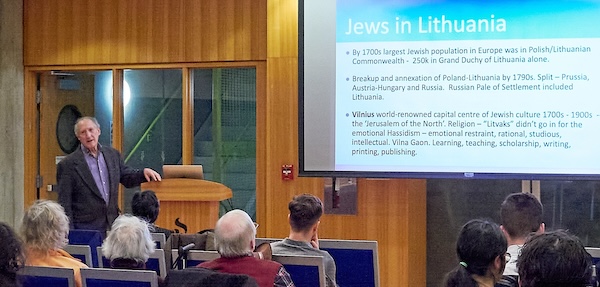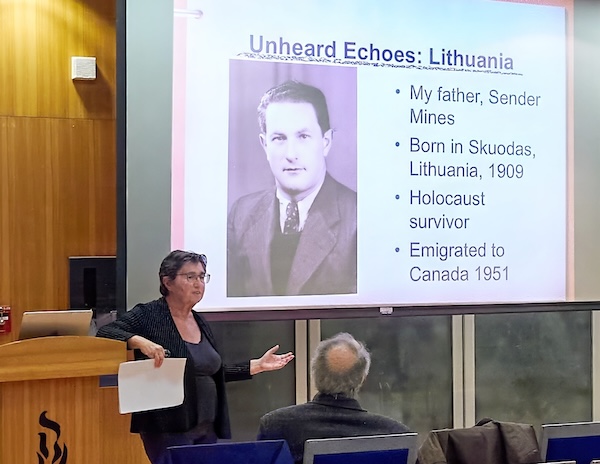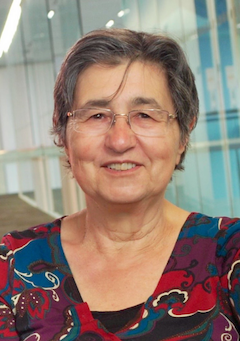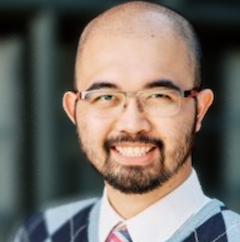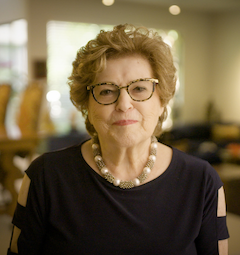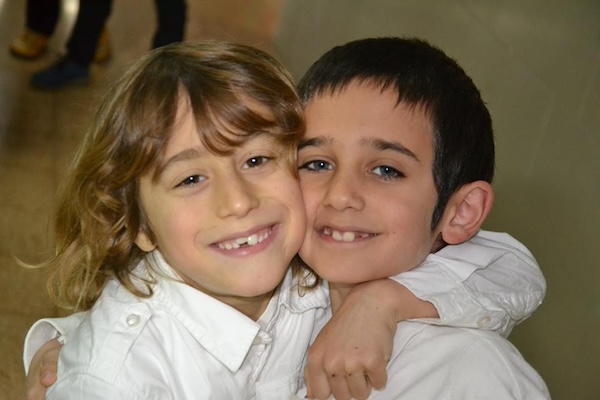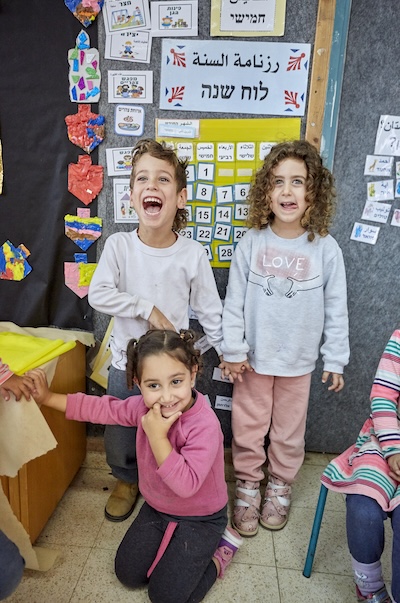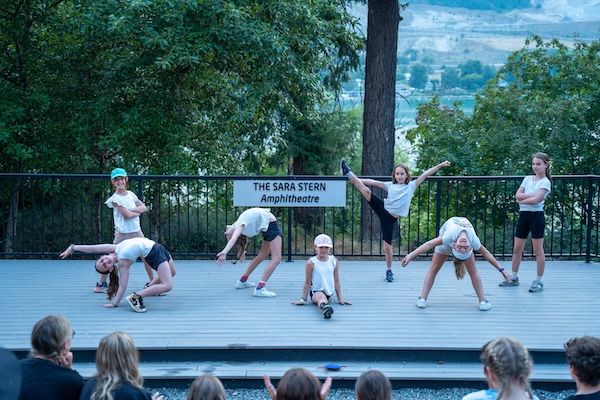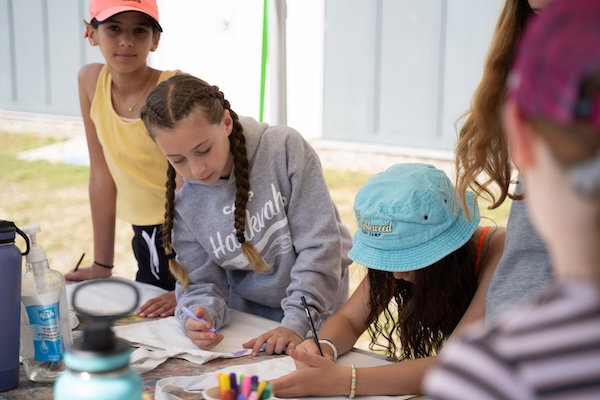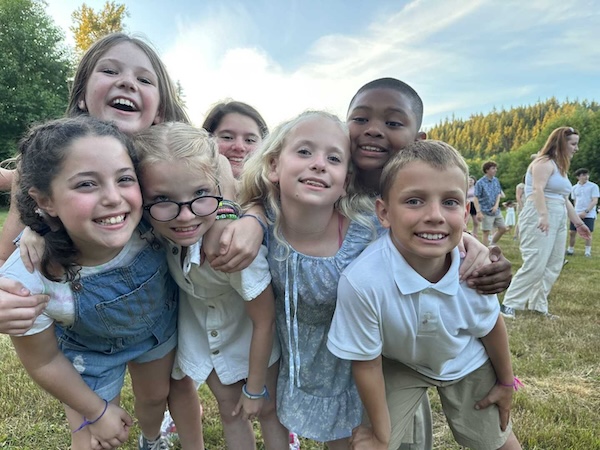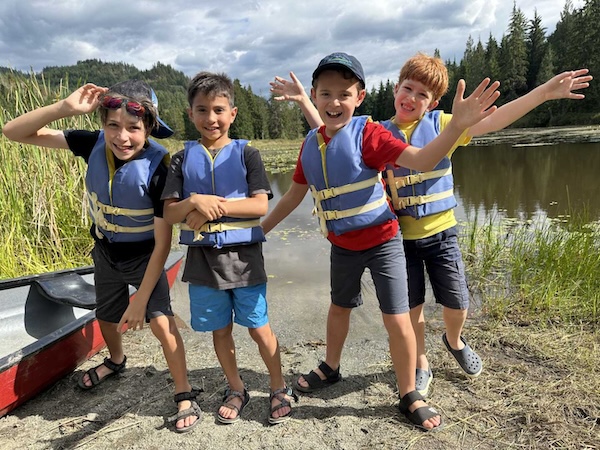My kids came home asking about knishes. Did I know how to make them? Where do we buy them? I thought this was weird. I asked for more information.
Their school resource teacher and International Baccalaureate coordinator, Ms. T, plays an important role in their lives. She does lunch time enrichment clubs, coaches sports, and her responsibilities include supporting kids with disabilities, and the IB program. When I say that I’m not sure how she does it all, one of my kids springs up out of his seat, showing how she crouches in front of a computer in one office, typing madly. Then he dashes across the kitchen to indicate her rush to the next office, to crouch at another desk. She is, simply, everywhere.
This is when I learned that Ms. T said knishes were not, in fact, everywhere. In Winnipeg, people buy these ethnic foods from synagogues who cater, a Jewish deli or bakery. Due to a strange confluence of events, two Winnipeg synagogues are under renovation currently and without their usual catering kitchens. Other sources for knishes apparently hadn’t worked out. As a result, one of our favourite teachers was bereft of knishes.
As a kid in Virginia, I experienced knishes in two ways: one involved a street cart vendor when visiting New York with family members. The other came from a frozen packet from a far away kosher grocery store in Maryland. I’d never made one at home. I’d never considered it. It wasn’t eaten frequently in my house. Winnipeggers eat them more often. Of course, since moving here, I have, too, but I don’t miss them when they aren’t around.
I was thinking about our relationships with knishes, teachers and community recently, when I took a class from My Jewish Learning on the Hadran prayer, taught by Rabbi Elliot Goldberg. What’s that? Funny you should ask. When a person finishes studying a tractate of Talmud, they recite this prayer. I’d never heard of it until I started studying Talmud daily. When we got to the end of the first tractate, I learned that, when one finishes this kind of thing, there is a siyyum, a celebration of one’s completion of study. I’d never heard of a siyyum as a kid at a Reform congregation. When I first attended one as an undergraduate, it seemed like something that I would never be involved in. I remember an awkward party at the Jewish Living Centre with stale cookies, juice and cheers about the gawky guy with glasses who had finished studying … I’m not sure what. In a siyyum, there’s food, there’s a public teaching of something you’ve learned, and the community cheers you on.
With the start of the pandemic, my own siyyum events have been online, usually through My Jewish Learning. There’s no food on Zoom, so that aspect of the celebration is muted, as is the cheering and crowd. Nonetheless, I have grown to love these events. It’s an hour that I pull out of my day at random, whenever it’s held online, and even during remote school or summer break or whatever, it’s “Mom’s siyyum time.” I’m learning with rabbis online via an iPad, even while making peanut butter sandwiches for lunch or hiding from the whole household to concentrate. It’s cerebral. It’s a shared learning community. It’s oddly emotional.
The first time I heard the Hadran prayer read, I cried. I found myself wondering what was wrong with me, but this class spelled out why it feels meaningful. The Hadran is usually said after studying a seder (order) of Mishnah or a tractate of the Babylonian Talmud, but sometimes it is said at a rabbinical school graduation, a Jewish high school graduation. It’s an acknowledgement. It starts with, “We will return to you, Tractate X (whatever tractate you’re studying), and you will return to us; our mind is on you, Tractate X, and your mind is on us; we will not forget you, Tractate X, and you will not forget us – not in this world and not in the next world.” The prayer goes on to talk about the blessing and value of studying Torah, and the hope that our descendants will have the same opportunities. It’s well worth a read. (Look up “Hadran” on sefaria.org.)
The entire text creates emotional ties and intellectual relationships. I’m connected to the mysterious 10 rabbis from long ago and to unknown great-grandchildren in this text. I’m connected to a cycle of learning and a return to sacred study. I’m grateful for the opportunity, and mindful that it takes work to study, even if it’s a holy endeavour. It’s a prayer that acknowledges that readers have relationships with texts, which mimics what I learned in graduate school about some literary theory, too. That long-ago English professor taught that, when we read novels or newspapers, our life experience, reading skills and emotions bring half of the meaning to the words in front of us. We’re in relationship with texts, just like we’re in relationships with our teachers and communities.
We had an afterschool Reach for the Top trivia tournament to attend with Ms. T. I knew what to do. I figured it out in advance. I made potato knishes. As we hopped out of our car, my twins recognized Ms. T’s bright blue Jeep. They rushed towards her, with carry-out containers full of potato knishes.
I joked, saying, “Who makes knishes?! They come from a cart in New York City!” With a sombre smile, she said, “My baba.” Her grandmother used to make her knishes. Oh. I gave a flip response, saying, “OK! I’ll be your baba now.” She put the knishes in the car and we went off to the three-hour tournament. Ms. T rushed out later. That night, she sent me an email of thanks, saying it made a delicious snack when she headed to her next meeting.
We’re in a cycle of relationships in life, with lots of connections. A siyyum is an opportunity for us to celebrate and acknowledge hard work with a closure ritual. The Hadran tells us that “we will return” to a beloved text or, perhaps, to a beloved teacher.
The trivia tournament might not be Talmud. The knishes aren’t always round, or even necessarily knishes, but the connections between text, teachers, generations of learning, eating and love are real and they’re part of making Jewish meaning, too. A siyyum’s ritual of completion is always linked to food and a sense that we’re part of a bigger family and cycle of life. We return to you – whether it’s a knish made with love or a tractate of Talmud.
Joanne Seiff has written regularly for the Winnipeg Free Press and various Jewish publications. She is the author of three books, including From the Outside In: Jewish Post Columns 2015-2016, a collection of essays available for digital download or as a paperback from Amazon. Check her out on Instagram @yrnspinner or at joanneseiff.blogspot.com.

